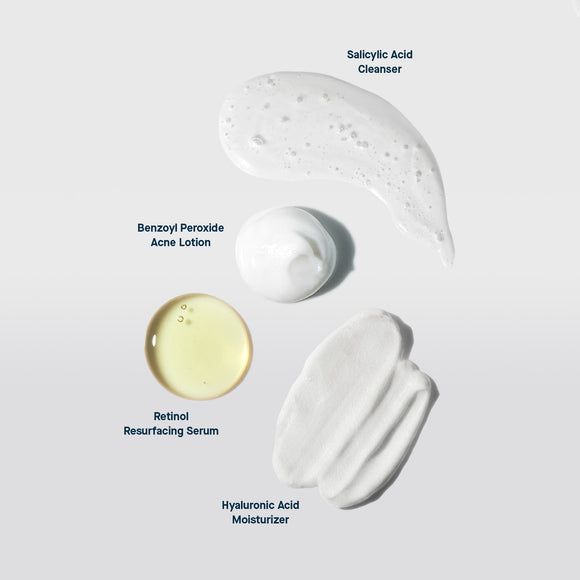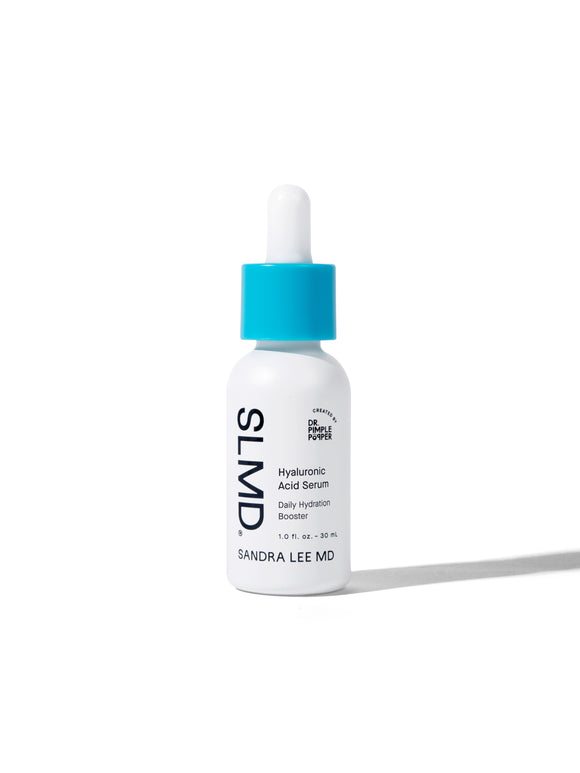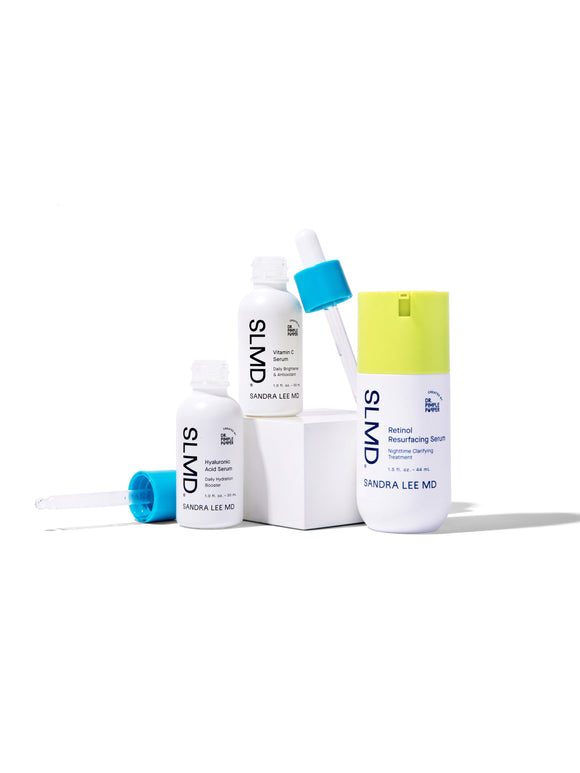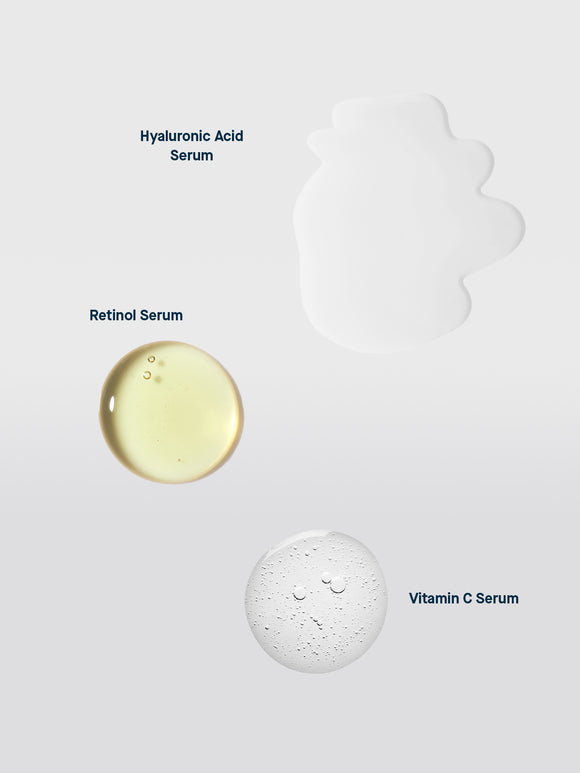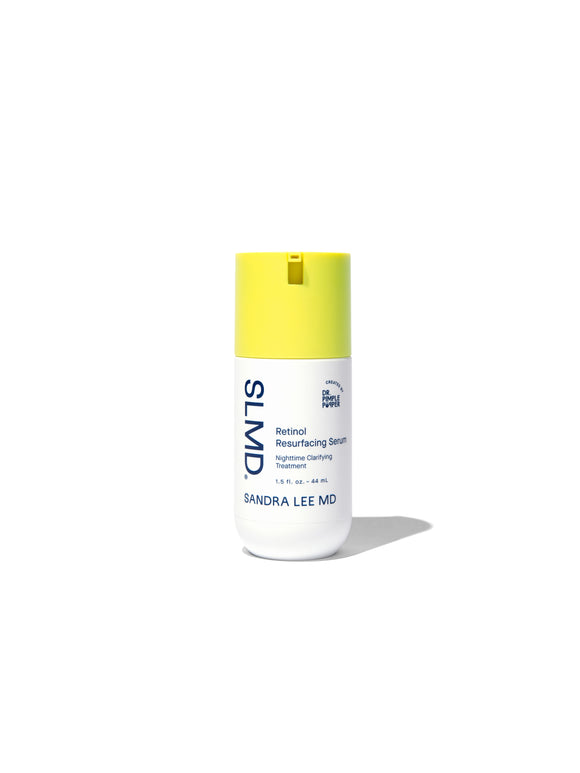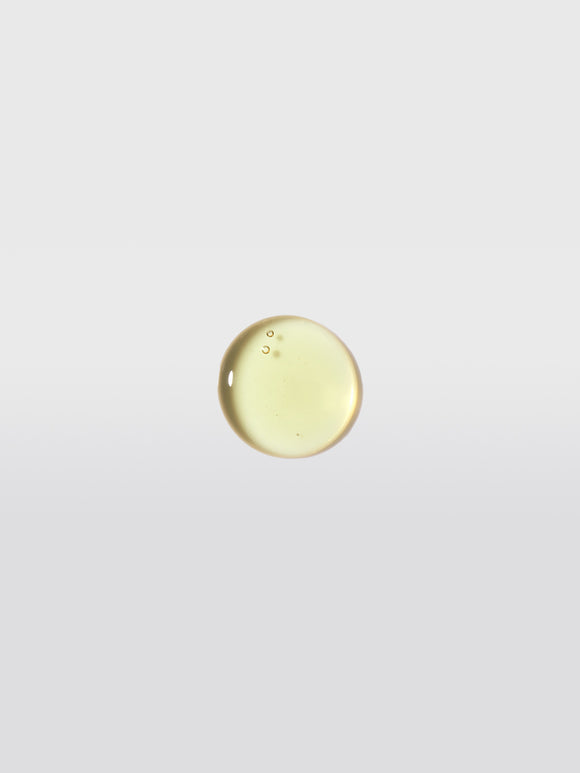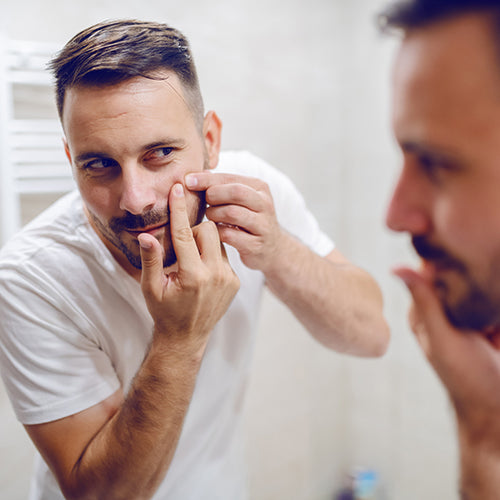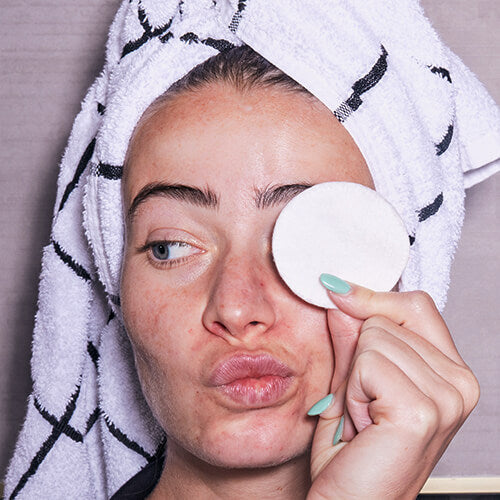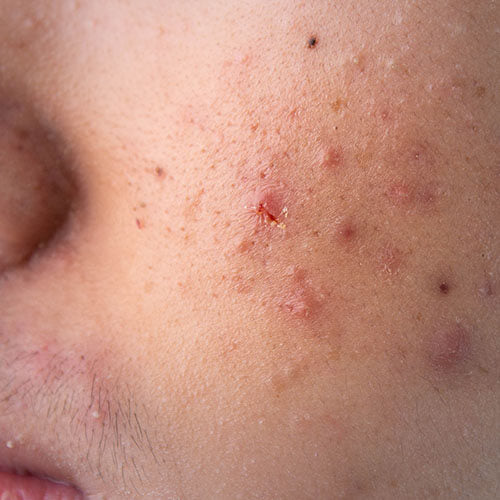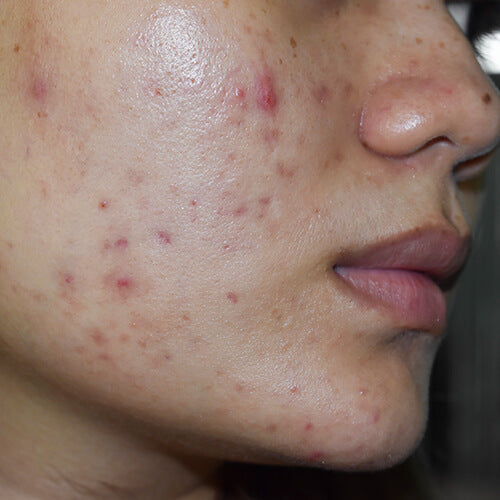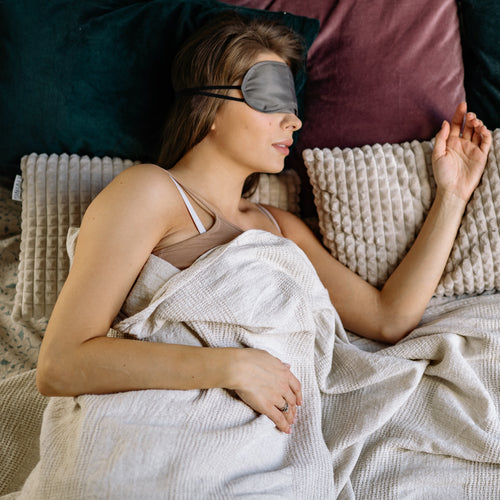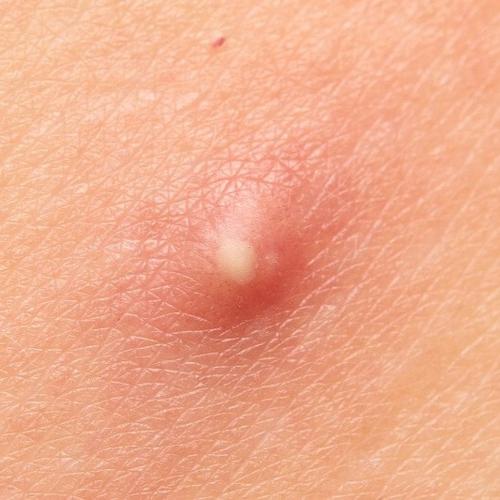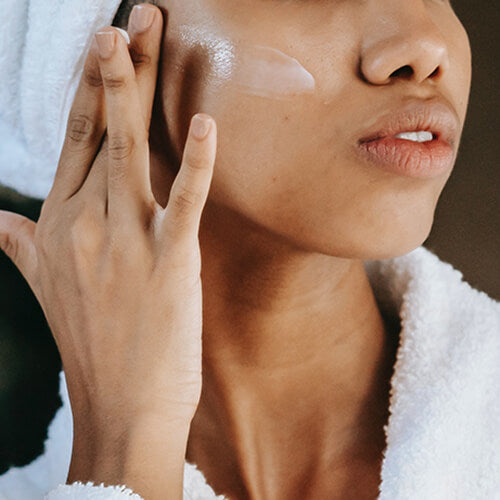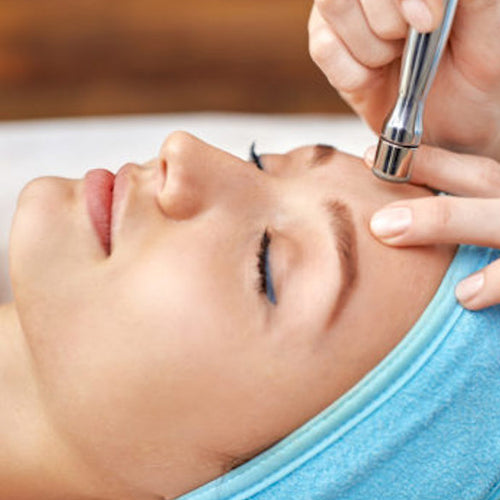
Do retinoids make skin sun sensitive?
Over the years, clinical studies have indicated that retinoids might cause photosensitivity. More recent research has challenged this belief, suggesting that some types of retinoids might not induce sun sensitivity. We're sorting through the data to find out if retinoids really make skin more susceptible to the sun.
Published:
4 minute read
True or false: retinoids cause sun sensitivity.
This is one of the most hotly debated topics in skincare, because there’s so much conflicting information out there. Over the years, clinical studies have indicated that retinoids might cause photosensitivity, and manufacturers have historically included UV exposure warnings in their package inserts.
However, recent research has challenged this belief, suggesting that some types of retinoids might not induce clinical sun sensitivity. So does this mean that your skin won’t be more likely to burn when you start using retinoids? Not exactly. If you’re confused, that means you’re paying attention. Keep reading to find out if retinoids really make skin more susceptible to the sun.
Article Quick Links
What is photosensitivity?
Before we can figure out if retinoids make skin sun sensitive, let’s nail down exactly what that means. Some medications induce chemical changes in the skin that make it more photosensitive — that is, reactive to light, either from the sun or artificial sources. For our purposes, we’re talking about sensitivity to ultraviolet light, which can cause reactions like sunburn or rashes.
There are two types of photosensitivity:
- Photoallergy: less common, an allergic reaction following sun exposure that can be immediate or delayed by several days
- Phototoxicity: more common, an irritation that occurs within a few hours of sun exposure
Certain classes of drugs include some formulations that might cause photosensitivity, including:
- Antibiotics
- Cholesterol lowering drugs
- Oral contraceptives
- Alpha hydroxy acids
It’s best to check with your doctor or pharmacist to determine whether your exact medication has been shown to cause sun sensitivity, so you can take the necessary precautions.
Do retinoids cause sun sensitivity?
The short answer: maybe. There have been many studies looking at the potential phototoxicity of different retinoids, with mixed results depending on the chemical composition. The most recent data seems to show that prescription retinoids like tretinoin, adapalene, and tazarotene do not cause photosensitivity.
However, so-called fourth generation retinoid trifarotene, recently approved for treating acne, did demonstrate a possible sun sensitivity reaction in the clinical trial. The FDA also considers isotretinoin (aka Accutane), an oral form of vitamin A used to treat severe acne, to be photosensitizing. Patients are advised to limit sun exposure while taking the drug.
To answer this question, we need to make a critical distinction between whether these drugs cause actual photosensitivity, or whether they just make sunburn worse. Let’s clarify:
- Photosensitivity: as mentioned above, this is when a drug makes it more likely that your skin will burn when exposed to UV rays.
- Typical sunburn: skin’s normal response to UV exposure, but can be exacerbated when skin is dry, damaged or irritated.
What newer studies show is that retinoids might not be photosensitizers, per se. Instead, the strong reaction we see from sun exposure while using certain topical vitamin A derivatives may in fact be a product of retinoid dermatitis — aka the redness, peeling, burning, and itching that occurs during the initial 2–4 weeks of retinoid use.
Interestingly, the typical retinoid side effects coincide pretty pointedly with those of an average sunburn. This is likely why FDA labeling guidelines, plus manufacturers, dermatologists and skincare experts, continue to advise retinoid users to avoid UV exposure while using retinoids.
It’s worth noting that studies show that increased susceptibility to sunburn typically subsides after the first month or so while using topical retinoids — more or less matching the timing of a retinoid reaction.
Here's a tip: if you're experiencing initial reaction from a product like SLMD Retinol Resurfacing Serum, try layering it with a soothing hydrator like Hyaluronic Acid Serum.
Does retinol make skin sun sensitive?
So far we’ve spoken generally about vitamin A derivatives, but what about over-the-counter retinoids like retinol? Much of the conventional wisdom here is based on studies of retinoids as a group — so it follows that there’s a lot of opinions circulating about retinol causing sunburn susceptibility. Without definitive research, we can’t offer a conclusive answer.
But much like prescription retinoids, the school of thought seems to be leaning toward making a distinction between the older belief in retinol causing sunburn, and newer theories about retinol making sunburn symptoms worse.
Tips for sun protection when using retinoids
Enough with the science: what’s the best way to protect your skin from UV damage when using retinoids? According to Dr. Sandra Lee (aka Dr. Pimple Popper), patients using prescription retinoids and OTC retinol should practice sun safety — not only to prevent sun damage, but to maximize the benefits gained from using the ingredient.
Here are her top tips:
- Sunscreen: first and foremost, get in the habit of applying a broad-spectrum sunscreen (like SLMD Dual Defender SPF 30) every day, regardless of the season or weather.
- Protective clothing: wear a hat and sunglasses to protect your face from excess UV exposure.
- Find shade: use an umbrella at the beach, and find trees or overhangs to gather during outdoor activities.
- Schedule smart: avoid sun exposure during peak hours (10 a.m. to 2 p.m.) whenever possible.

Dr. Lee's Last Word
Retinoids are among the most well-studied skincare ingredients out there, and we have a lot of evidence about their effectiveness and safety. But anytime you’re using an alpha hydroxy acid or a retinol type product, you want to take extra precautions to prevent too much sun exposure.




